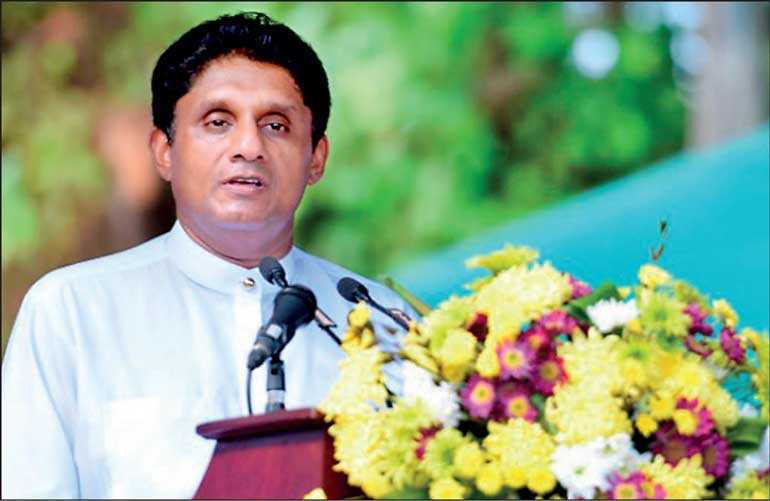Wednesday Feb 25, 2026
Wednesday Feb 25, 2026
Friday, 8 November 2019 00:00 - - {{hitsCtrl.values.hits}}

By Nihal Hettiarachchi, FCA
Proposal: Amalgamation of NBT and VAT to a single tax of 15% initially and 12.5% within two years.
Existing provisions: Currently NBT and VAT are charged at 2% and 15% respectively.
Our comments
Bringing down the number of taxes results in simplification of taxes in Sri Lanka. Further, reduction of tax rate to 15% and 12.5 % within two years will be helpful to reduce the contribution of indirect taxes to 60% of total tax revenue since the poorest peoples are affected the most due to higher indirect taxes.
Proposal: Increasing the threshold of VAT from 12Mn per annum to 50Mn per annum.
Existing provisions: VAT chargeable threshold is 12Mn per annum currently.
Our comments
This proposal was initially made by Mahinda Rajapaksa during the 52-day period when he was the Prime Minister in 2018.
We consider this is to be very progressive proposal as this will help the SME sector tremendously. The original proposal made by Mahinda Rajapaksa was to increase the VAT chargeable threshold from Rs. 12 to 24 million per annum. Minister Sajith Premadasa has improved this exemption limit by increasing it up to Rs. 50 m per annum.
According to the available statistics, the cost of collection of VAT from marginal SME companies is very much more than the actual VAT collection. This proposal will enable the IRD officers to concentrate more on VAT compliance of larger establishment without wasting their time on harassing small time SME companies. We consider this is to be the most practical suggestion introduced to the tax policies of Presidential candidates by Minister Sajith Premadasa.
It is surprising to note that the SLPP has dropped this proposal in their final tax policy incentives which was originally proposed by Mahinda Rajapaksa during his short stay as the prime minister in 2018. Perhaps the SLPP policymaker want to encourage the larger business establishments rather than trying to boost the SME sector.
This proposal would make small business organisation with an exemption from VAT up to Rs. 50 m per annum and the officers of Inland Revenue Department will be able to focus more on compliance of larger establishments.
Proposal: PAYE tax threshold will be increased from Rs. 100,000 per month to Rs. 150,000 per month and PAYE tax brackets will also be widened.
Existing provisions: Current PAYE liable threshold is Rs. 100,000 per month and PAYE is computed as per general tax brackets.
Our comments
Those who are having employment income will be benefited from this proposal in view of the fact that exemptions/exclusions were restricted with the implementation of the Inland Revenue Act No. 24 of 2017. Further, maximum tax rate applicable on employment income prior to 31 March 2018 was 16% whereas now it is at 24%.
Proposal: Introduction of capital depreciation allowance under which all investments up to $ 100 m will receive an additional 100% capital allowance and 150% where the investment is more than $ 150 m.
Existing provisions: Currently enhanced capital allowances are allowed under the 2nd and 6th Schedules to the Inland Revenue Act No. 24 of 2017. However, it is not allowed for expansion of existing businesses.
Our comments
Proposed enhanced capital allowances would encourage existing business organisations to invest in expending their businesses. However, the period during which the business loss can be carried forward (currently six years) should also be increased to give the benefit of this proposal to the business organisations.